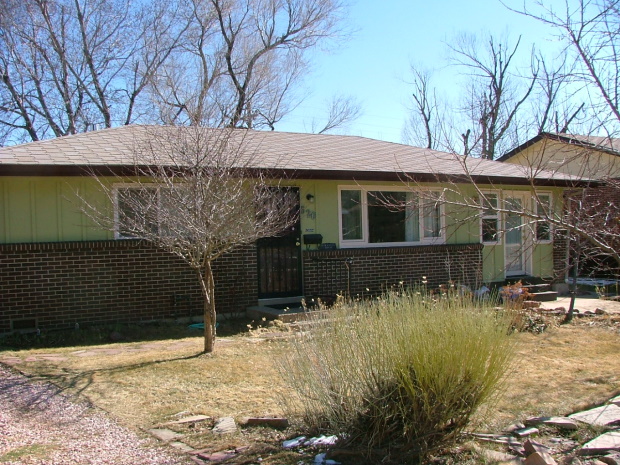How To Be a Smart Landlord
Instructions
-
1
Know when to buy property. Find suitable investment in your area, and gauge the economic trends properly and accurately. If the prices are high, do not indulge in any purchases as the returns will be lower than you expect. Don’t wait for the rental prices to go high, as people these days are facing increasing financial distress. A smart landlord will only buy when he or she expects the profits to increase every month.
-
2
Make the necessary renovations if required. Potential tenants will only be attracted if the property has no major downsides and meets the local housing authority’s requirements. Go beyond that and check whether the property needs any repairs.
-
3
Opt for the right tenants. Do a background check on them to gauge their credit history and their ability to pay rent on time. Ask them questions regarding their financial health and make a decision after considering all possible factors.
Your assessment should also take into account the number of people living in the house. Smaller families can manage their expenses easily, while larger families may result in more maintenance work. -
4
Get the necessary insurance which protects you from any damages. This step will be performed by both parties, where you request your tenants to buy renters insurance.
-
5
Make note of the move-in date. This is important as you will need to take photos of your property on that date to ensure that every unit is working properly. If any damage arises after that, you can hold the tenants responsible.
-
6
Make sure that you hold your end of the bargain. Do everything to ensure that your tenants are comfortable. Set up a fair rent, which increases after a certain period of time. Also incorporate market trends. If the prices of the property in your area rise, then charge your tenants according to the new market scale.








